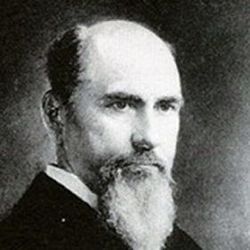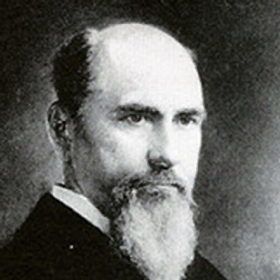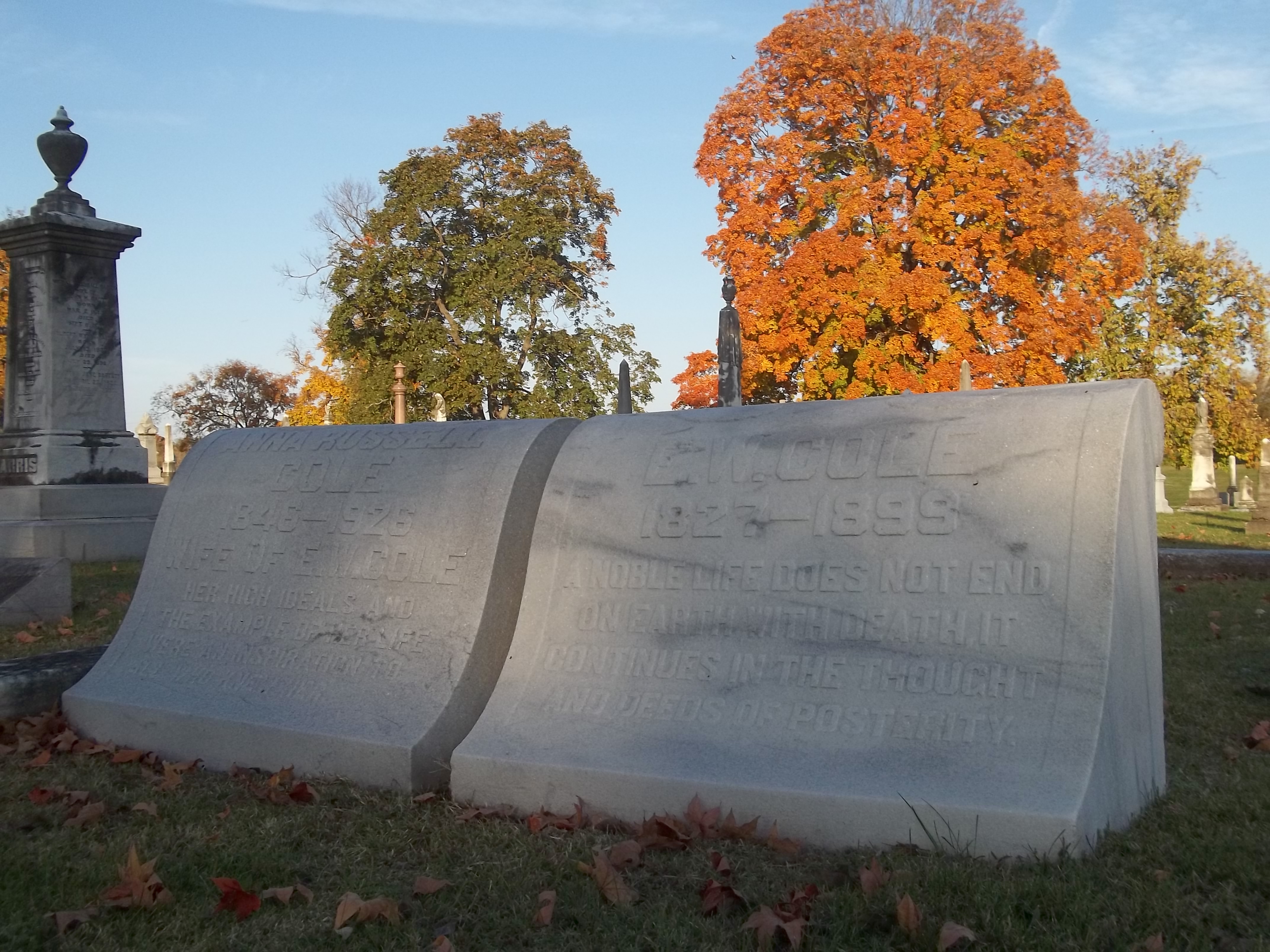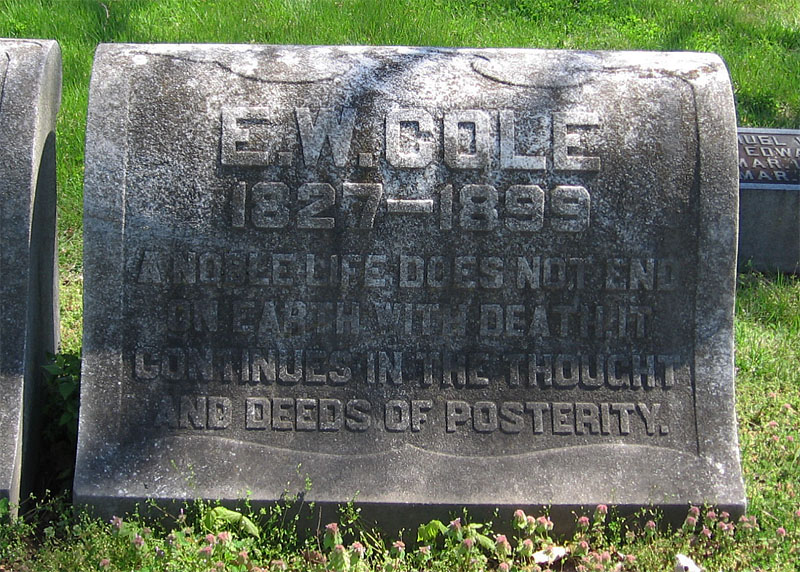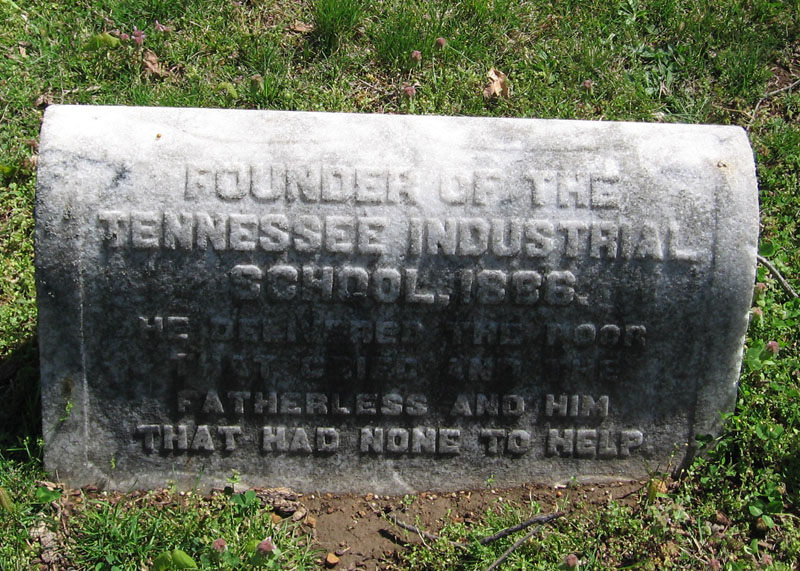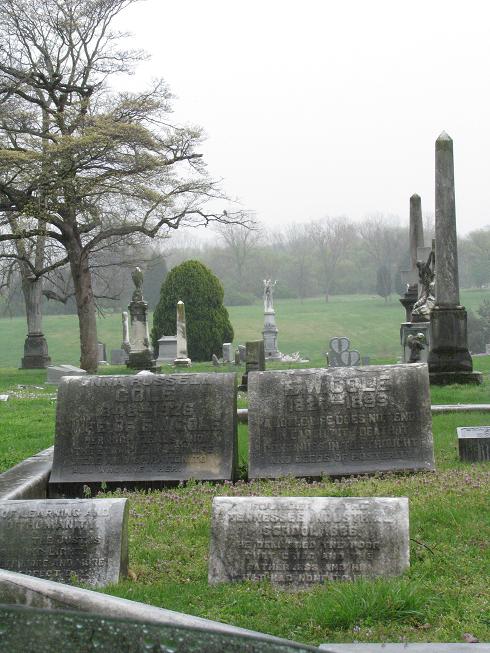Davidson County Probate Judge John C. Ferriss began organizing and raising money for a boarding school for homeless children. The project of establishing the school originated in about 1874 with Judge Ferriss. During the 13 years he worked for the establishment of such a school, he canvassed the State from upper East Tennessee to Memphis, in West Tennessee, urging people to petition the legislature for such a school. Through this means, Judge Ferriss procured over one hundred petitions from over the State, signed by thousands of Tennessee's citizens, asking the legislature to do something for the dependent children of Tennessee. These petitions were presented to the legislature of the State of Tennessee, and a bill was prepared by Colonel Case of Chattanooga, in compliance with the petitioners, which passed the house on its second reading, but for some cause was not heard of any more during that session. Judge Ferriss' spirit was somewhat grieved over these proceedings, but in the next legislature he again presented the bill. Due to an early adjournment of the legislature, it was not passed.
Judge Ferriss was determined was determined to further the cause of the dependent children, so he appealed to his friends for subscriptions and raised two or three thousand dollars and began to make further appeal throughout the State. Colonel E.W. Cole, after reading one of these letters addressed to the public, agreed to give one thousand dollars for the cause. Others offered smaller sums. Colonel Cole made a larger purchase of land, and proposed to donate that, but the legislature refused to accept the offer.
In October, 1884 Colonel Cole's son, Randall, at the age of 19, died after being injured in a train wreck. The father equipped the Cole mansion for school service as a memorial to his son's memory. The estate which became the school is located three miles south of Nashville just off Murfreesboro Pike. It consisted of 92 acres of land and a large residence. (The property now includes 365 acres of land and some 50 permanent buildings). Colonel Cole proposed to convert the residence into school rooms. Col. Cole used the money that would have been his son's inheritance to establish the school.
The school was created as the Randall Cole Industrial School on February 20, 1885. It operated under the provisions of a corporation for two years, February 17, 1885 until March 26, 1887. The original act in 1885 stated the school was established "for the benefit and protection of orphan, helpless or abandoned children."
In 1887 the school had grown so large that Col. Cole could not continue to maintain it and he turned it over to the State of Tennessee. In July of 1887 Col. Cole offered to turn the land and buildings over to the State free of charge. The school had a value of $60,000 at this time. The name was then changed to the Tennessee Industrial School also known as T.I.S.
Davidson County Probate Judge John C. Ferriss began organizing and raising money for a boarding school for homeless children. The project of establishing the school originated in about 1874 with Judge Ferriss. During the 13 years he worked for the establishment of such a school, he canvassed the State from upper East Tennessee to Memphis, in West Tennessee, urging people to petition the legislature for such a school. Through this means, Judge Ferriss procured over one hundred petitions from over the State, signed by thousands of Tennessee's citizens, asking the legislature to do something for the dependent children of Tennessee. These petitions were presented to the legislature of the State of Tennessee, and a bill was prepared by Colonel Case of Chattanooga, in compliance with the petitioners, which passed the house on its second reading, but for some cause was not heard of any more during that session. Judge Ferriss' spirit was somewhat grieved over these proceedings, but in the next legislature he again presented the bill. Due to an early adjournment of the legislature, it was not passed.
Judge Ferriss was determined was determined to further the cause of the dependent children, so he appealed to his friends for subscriptions and raised two or three thousand dollars and began to make further appeal throughout the State. Colonel E.W. Cole, after reading one of these letters addressed to the public, agreed to give one thousand dollars for the cause. Others offered smaller sums. Colonel Cole made a larger purchase of land, and proposed to donate that, but the legislature refused to accept the offer.
In October, 1884 Colonel Cole's son, Randall, at the age of 19, died after being injured in a train wreck. The father equipped the Cole mansion for school service as a memorial to his son's memory. The estate which became the school is located three miles south of Nashville just off Murfreesboro Pike. It consisted of 92 acres of land and a large residence. (The property now includes 365 acres of land and some 50 permanent buildings). Colonel Cole proposed to convert the residence into school rooms. Col. Cole used the money that would have been his son's inheritance to establish the school.
The school was created as the Randall Cole Industrial School on February 20, 1885. It operated under the provisions of a corporation for two years, February 17, 1885 until March 26, 1887. The original act in 1885 stated the school was established "for the benefit and protection of orphan, helpless or abandoned children."
In 1887 the school had grown so large that Col. Cole could not continue to maintain it and he turned it over to the State of Tennessee. In July of 1887 Col. Cole offered to turn the land and buildings over to the State free of charge. The school had a value of $60,000 at this time. The name was then changed to the Tennessee Industrial School also known as T.I.S.
Family Members
-
![]()
Elizabeth Josephine ""Josie"" Cole Edwards
1852–1936
-
![]()
Samuella Cole
1853–1854
-
![]()
Addie Cole Ellett
1855–1937
-
![]()
Mary J. Cole
1856–1857
-
![]()
Edmund W. Cole Jr
1859–1861
-
![]()
Laura L. Cole
1861–1862
-
![]()
Allice Cole
1864–1867
-
![]()
Randal A. Cole
1866–1884
-
![]()
Louise Lytle Cole Gaines
1867–1889
-
![]()
Edward S. Cole
1869–1869
-
![]()
Henry Cole
1869–1895
-
![]()
Whitefoord Russell Cole
1874–1934
-
![]()
Anna Russell Cole Weaver
1887–1973
Advertisement
Explore more
Sponsored by Ancestry
Advertisement
